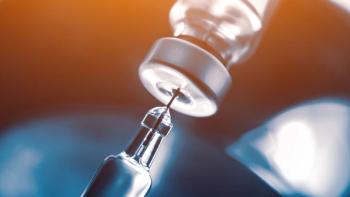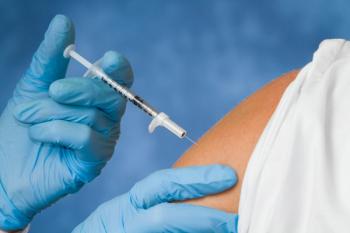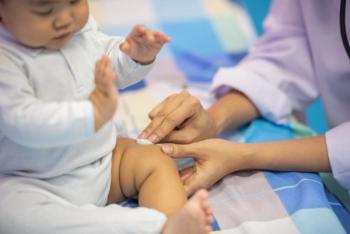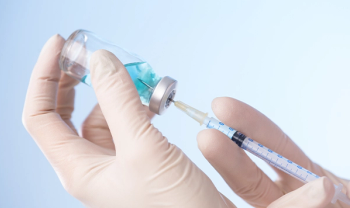
WHO, CDC Have Different Recommendations When it Comes to HPV Vaccine Schedule
When it comes to the human papillomavirus (HPV) vaccine, organizations like the World Health Organization (WHO) and the Centers for Disease Control and Prevention (CDC) recommend protection with the vaccine in different doses.
When it comes to the human papillomavirus (HPV) vaccine, organizations like the World Health Organization (WHO) and the Centers for Disease Control and Prevention (CDC) recommend protection with the vaccine in different doses.
Back in December 2022, the WHO updated its recommendations for the HPV vaccine dosing schedule. At the time, it was announced that a single-dose schedule, referred to as an alternative, off-label single–dose schedule can provide a comparable efficacy and durability of protection to a two-dose regimen.
According to the CDC, it’s currently recommended to take a 2- to 3-dose series at age 9 to 14 years and a 3-dose series at age 15 years or older at initial vaccination.
The WHO now recommends a one or two-dose schedule for girls aged 9-14 years, a one or two-dose schedule for girls and women aged 15-20 years and two doses with a 6-month interval for women older than 21 years.
It’s important to note that the CDC did not recently update their vaccine schedule. Though in October 2022, the Advisory Committee on Immunization Practices (ACIP) approved the Recommended Child and Adolescent Immunization Schedule for Ages 18 Years or Younger for the 2023 year. The immunization schedule includes other vaccine approvals recommended by ACIP and approved by the CDC.
The December update of the WHO’s HPV vaccine recommendation schedule is expected to improve access to the vaccine, offering countries the opportunity to expand the number of girls who can be vaccinated and alleviating the burden of the often complicated and costly follow-up required to complete the vaccination series, according to the Organization.
The WHO shared that there’s been a decline in HPV vaccination coverage globally. Between 2019 and 2021, coverage of the first dose of HPV vaccination fell by 25% to 15%. This means 3.5 million more girls missed out on HPV vaccination in 2021 compared to 2019.
A turnaround in HPV vaccination and increasing access could combat the development of cervical cancer, which is the fourth most common type of cancer in women, according to the WHO. More than 95% of cervical cancer is caused by sexually transmitted HPV.
Newsletter
Get the latest industry news, event updates, and more from Managed healthcare Executive.

























